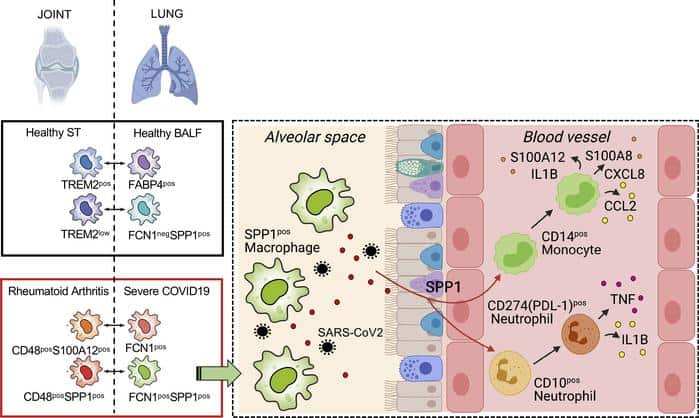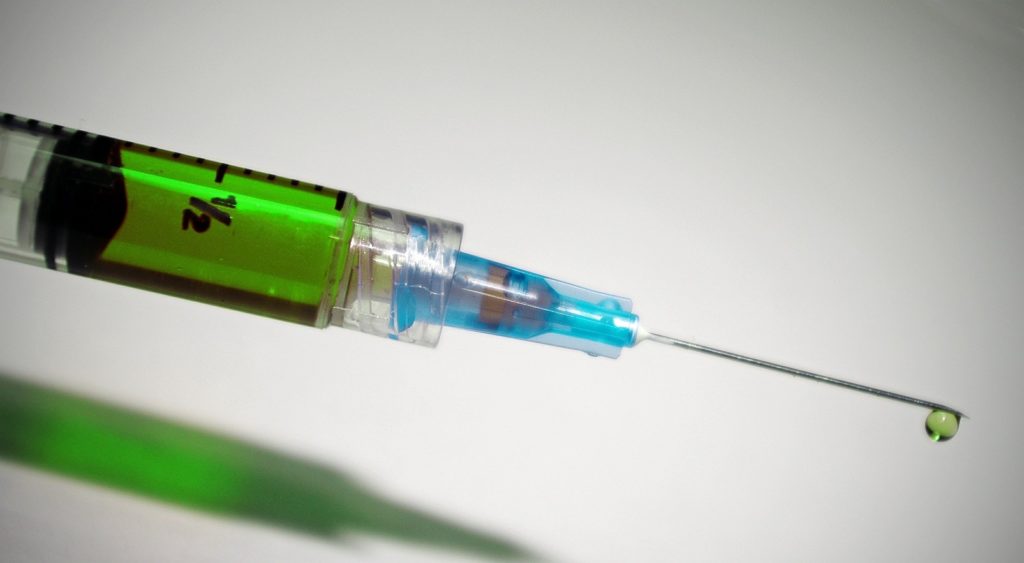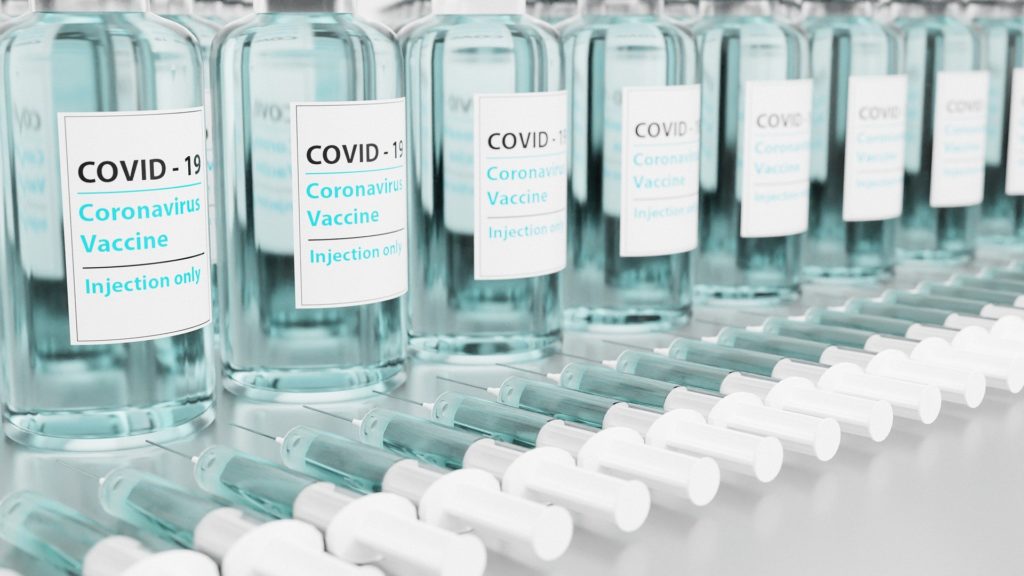
With around 256 million cases and more than 5 million deaths worldwide, the COVID-19 pandemic has challenged scientists and those in the medical field. Researchers are working to find effective vaccines and therapies, as well as understand the long-term effects of the infection.
While the vaccines have been critical in pandemic control, researchers are still learning how and how well they work. This is especially true with the emergence of new viral variants and the rare vaccine side effects like allergic reactions, heart inflammation (myocarditis) and blood-clotting (thrombosis).
Critical questions about the infection itself also remain. Approximately one in four COVID-19 patients have lingering symptoms, even after recovering from the virus. These symptoms, known as “long COVID,” and the vaccines’ off-target side effects are thought to be due to a patient’s immune response.
In an article published today in The New England Journal of Medicine, the UC Davis Vice Chair of Research and Distinguished Professor of Dermatology and Internal Medicine William Murphy and Professor of Medicine at Harvard Medical School Dan Longo present a possible explanation to the diverse immune responses to the virus and the vaccines.
Antibodies mimicking the virus
Drawing upon classic immunological concepts, Murphy and Longo suggest that the Network Hypothesis by Nobel Laureate Niels Jerne might offer insights.
Jerne’s hypothesis details a means for the immune system to regulate antibodies. It describes a cascade in which the immune system initially launches protective antibody responses to an antigen (like a virus). These same protective antibodies later can trigger a new antibody response toward themselves, leading to their disappearance over time.
These secondary antibodies, called anti-idiotype antibodies, can bind to and deplete the initial protective antibody responses. They have the potential to mirror or act like the original antigen itself. This may result in adverse effects.
Coronavirus and the immune system
When SARS-CoV-2, the virus causing COVID-19, enters the body, its spike protein binds with the ACE2 receptor, gaining entry to the cell. The immune system responds by producing protective antibodies that bind to the invading virus, blocking or neutralizing its effects.
As a form of down-regulation, these protective antibodies can also cause immune responses with anti-idiotype antibodies. Over time, these anti-idiotype responses can clear the initial protective antibodies and potentially result in limited efficacy of antibody-based therapies.
“A fascinating aspect of the newly formed anti-idiotype antibodies is that some of their structures can be a mirror image of the original antigen and act like it in binding to the same receptors that the viral antigen binds. This binding can potentially lead to unwanted actions and pathology, particularly in the long term,” Murphy said.
The authors suggest that the anti-idiotype antibodies can potentially target the same ACE2 receptors. In blocking or triggering these receptors, they could affect various normal ACE2 functions.
“Given the critical functions and wide distribution of ACE2 receptors on numerous cell types, it would be important to determine if these regulatory immune responses could be responsible for some of the off-target or long-lasting effects being reported,” Murphy commented. “These responses may also explain why such long-term effects can occur long after the viral infection has passed.”
As for COVID-19 vaccines, the primary antigen used is the SARS-CoV-2 spike protein. According to Murphy and Longo, current research studies on antibody responses to these vaccines mainly focus on the initial protective responses and virus-neutralizing efficacy, rather than other long-term aspects.
“With the incredible impact of the pandemic and our reliance on vaccines as our primary weapon, there is an immense need for more basic science research to understand the complex immunological pathways at play. This need follows to what it takes to keep the protective responses going, as well as to the potential unwanted side effects of both the infection and the different SARS-CoV-2 vaccine types, especially as boosting is now applied,” Murphy said. “The good news is that these are testable questions that can be partially addressed in the laboratory, and in fact, have been used with other viral models.”


